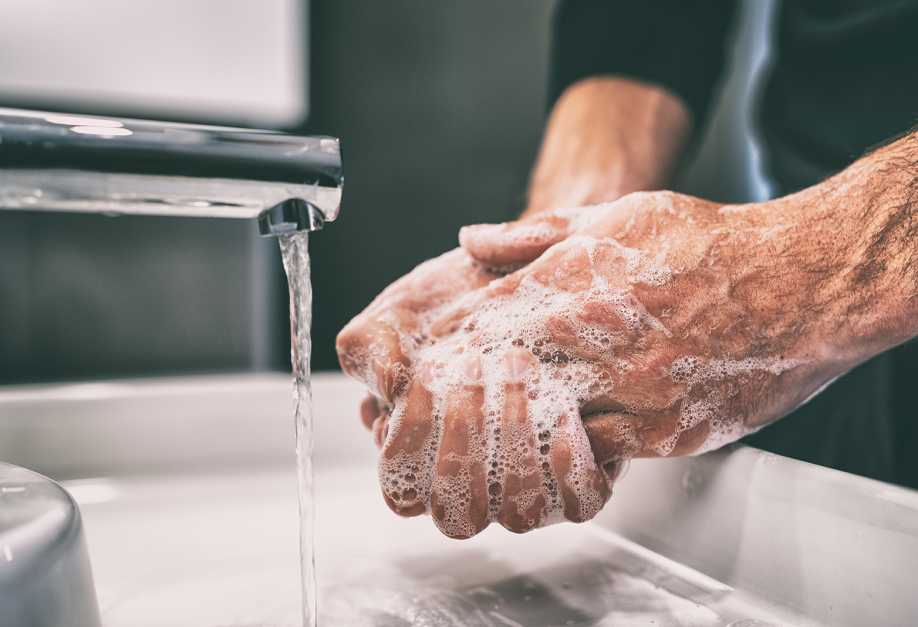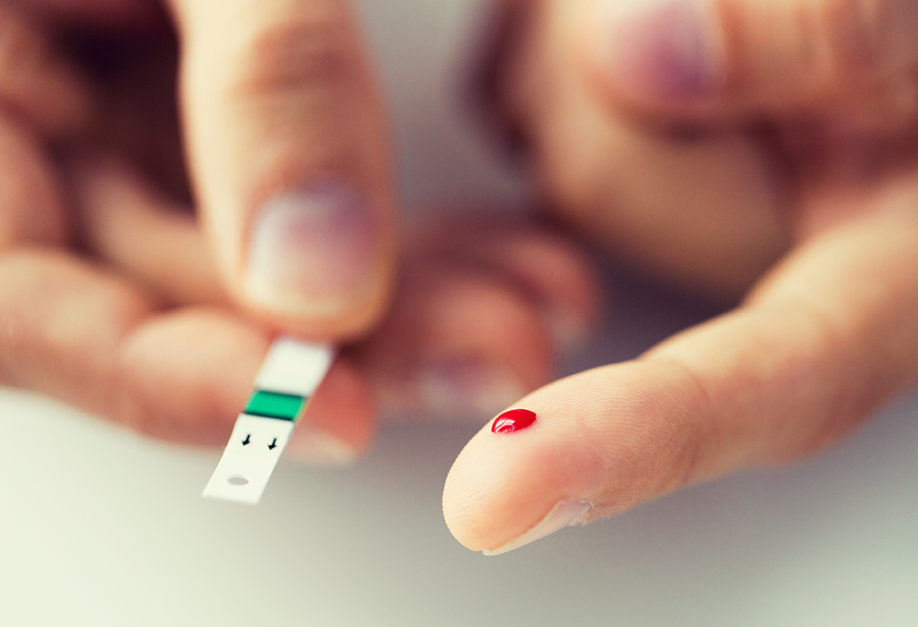People with diabetes need to be extra careful during this tough hour and should adhere to all instructions given by their doctors. Because uncontrolled diabetes itself can be fatal and with the current devastating scenario of Coronavirus, it becomes even more important for a diabetic patient to take all the preventive measures. Diabetes patients are believed to be at added risk for getting COVID 19 infection.
Majority of health experts working on COVID 19 patients term diabetes to be a high-risk condition for the COVID 19 infection, mainly due to a raised rate of case-fatality (CFR) among diabetes patients, who get COVID 19. As per evidence, the overall CFR of COVID 19 is 2.3% while the CFR for patients having pre-existing diabetes gets raised to 7.3%. Also, the scenario gets further elevated in the case of elderly patients, with patients aged >80 years reporting a CFR of 14.0%. In general parlance, patients with diabetes, especially with uncontrolled or poorly controlled blood sugar levels are more prone to getting infected with any sort of infections including COVID 19, possibly due to the reduced immunity levels as a result of high blood sugar levels.



Following precautions are advised for Diabetic patients to prevent COVID 19:
- Maintain the recommended glucose control by strictly adhering to diet, activity and medication regimens.
- Frequently monitor your blood sugar levels to rapidly identify any spikes in glucose levels and getting appropriate treatment adjustments.
- Get enough supplies related to your diabetes testing and medications, in case of an outbreak, for at least 15 days.
- Practice frequent handwashing with soap and water.
- Practice good respiratory hygiene by covering your mouth and nose with a tissue or bent elbow, in case of coughing or sneezing.
- Avoid touching your face, nose, and eyes.
- Avoid unwanted travel and contact with unknown persons.
- Stay vaccinated for each available infectious disease.
- Eat plenty of fruits and vegetables.
- Consume yogurt and probiotics for a healthy digestive system.
- Sleep for at least 8-9 hours to reduce stress and maintenance of immunity levels.
- Avoid crowd exposure.
- Avoid handshaking.
- Immediately contact your doctor if you develop any respiratory symptoms such as cold, cough, difficulty in breathing or fever.
- Last but not the least, stay hydrated.




Comments are closed.